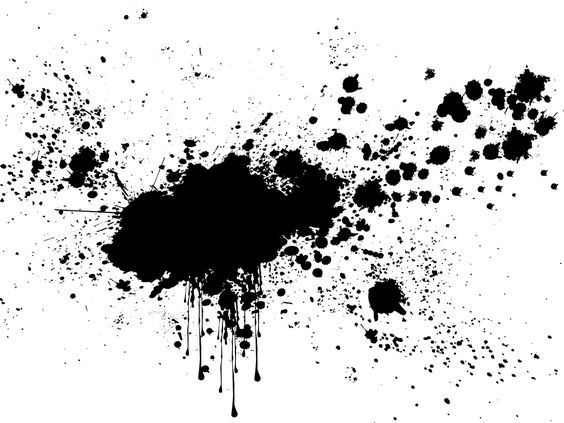When talking about autism in the healthcare context, it is often automatically perceived as a condition to be treated or cured. This is a prevalent attitude among the general public and healthcare professionals alike, yet, according to many in the autistic community, they do not want to be cured or changed, they simply want awareness of and respect for their differences, and equal access to standard health care.
The place of autistic people in society has been compared to the oppression experienced by other minority groups, so much so that they become “marginalised to the extent of occupying the social position of ‘non-human,’ with the staggering consequences for social well-being that this implies.” In contrast to many other minority communities, autistic voices remain marginalised, whereby a medicalised, pathological understanding of autism persists in both wider society and healthcare settings. This medicalisation often serves as the very rationale for this marginalisation, with suggestions from non-autistic circles that autistic people are not capable of judging their own situation. Not only is this grossly untrue, but it is actively harming people across the autism spectrum.
This article was originally published in Massage & Bodywork, Jan-Feb 2022


